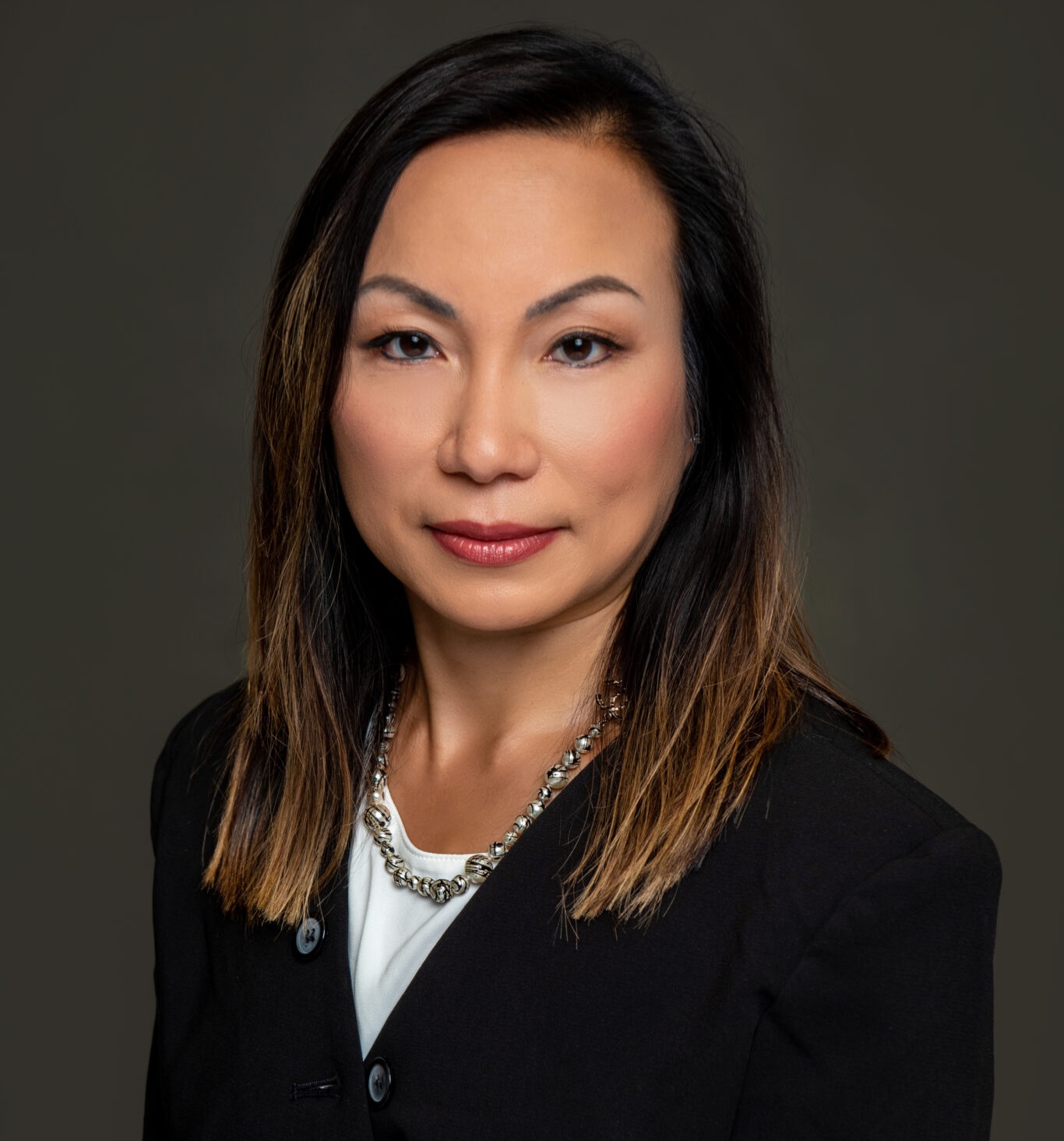BUYING land in the Philippines can feel like stepping into a maze — one filled with unfamiliar documents, shifting policies, and legal landmines. And yet, many are drawn to it, especially overseas Filipinos hoping to build a home or invest back where their roots run deep.
At SAB Realty, we’ve walked clients through countless land deals, and we’ve seen what works — and what doesn’t. Here’s what we always tell our clients: ask the right questions, and never rush the process.
1. Is the land really yours to buy?
A clean title is your first priority. Make sure the land has a Transfer Certificate of Title (TCT), not just a tax declaration. And don’t just take someone’s word for it — request a Certified True Copy from the Registry of Deeds.
If it’s a condo, then a Condominium Certificate of Title (CCT) is what you’re after.
2. What can you actually build there?
Just because land is titled doesn’t mean you can use it any way you want. Its classification — agricultural, residential, commercial, or industrial — limits what can legally be done with it. Local government offices and the Department of Agrarian Reform (DAR) can confirm this.
Pro tip: Be cautious of land advertised for development but classified as agricultural. Reclassification is possible but never guaranteed.
3. Are there red flags hiding in the title?
Even legitimate titles can carry problems — mortgages, legal disputes, inheritance claims, and more. Always check the annotations section of the title. If you’re unsure, let a trusted broker or real estate lawyer review it for you.
4. Who are you dealing with?
Only transact with the registered owner or someone with a legally notarized Special Power of Attorney (SPA). This isn’t just about due diligence — it’s about protecting yourself from fraud, especially in high-demand urban or tourist areas.
5. What’s the real cost of that land?
Beyond the asking price, there are transfer taxes, documentary stamp taxes, notarial fees, and capital gains tax (usually shouldered by the seller — but not always). Ask for a cost breakdown
before making an offer.
6. Foreign buyers: Know the boundaries
Foreigners can’t buy land outright — but they can own condominium units or lease land long term. Filipino citizens married to foreigners or those with dual citizenship may enjoy more flexibility. Still, professional legal advice is non-negotiable here.
The Bottom Line
Land can be a powerful asset, but only when bought smart. Whether you’re a first-time buyer or a seasoned investor, surround yourself with the right people — licensed brokers, legal counsel, and trusted advisors.
At SAB Realty, we do more than sell land. We protect your trust and your future investment.
* * *
The opinions, beliefs and viewpoints expressed by the author do not necessarily reflect the opinions, beliefs and viewpoints of Asian Journal, its management, editorial board and staff.
* * *
Sab Realty specializes in connecting property sellers with the right buyers, offering comprehensive real estate services for both local and overseas clients. With extensive experience in the Philippine real estate market, Sab Realty provides expert guidance in pricing, marketing, and legal compliance to ensure a smooth and successful transaction. Whether you are looking to sell a family home, a commercial property, or an investment asset, Sab Realty is committed to delivering professional and personalized service. Sharon Ann Bathan-San Pedro, a licensed real estate broker in the Philippines for ten years, is also a proud member of the National Association of Realtors (NAR) in America. For inquiries, questions, or if you’re interested in buying or selling a property, feel free to reach out – Email: sab.sanpedro@gmail.com; PH contact (Viber/WhatsApp): +63 917-823-7796; USA contact (Viber): +1 (951) 367-6840.







